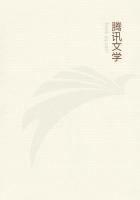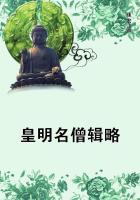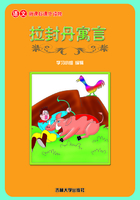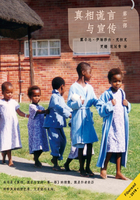At the conclusion our host made a very cordial speech on more intimate relations between the United States and Great Britain, and then in a complimentary phrase introduced me, saying: "I hope you will speak freely and without limit."I was encouraged by a most sympathetic audience and had a good time during my effort. No one else was called upon. My host was complimentary and said: "Your speech was so satisfactory that I thought best not to have any more."Some time afterwards he said to me: "Many of my friends had heard of you but never heard you, so I made up my mind to give them the opportunity, and what was really a purely social affair for every other guest, I turned into an international occasion just to draw you out. However, the fraud, if it was a fraud, was an eminent success."No one in England did more for Americans than Sir Henry Lucy.
Every American knew all about him, because of his reputation, and particularly because he was the author of that most interesting column in Punch called the "Essence of Parliament."At his luncheons he gathered eminent men in public life and in the literary and journalistic activities of Great Britain. These luncheons were most informal, and under the hospitable genius of Lucy the guests became on intimate terms. There was no table in London where so many racy stories and sometimes valuable historical reminiscences could be heard.
To be a guest at one of Sir Lucy's luncheons was for an American to meet on familiar terms with distinguished men whom he knew all about and was most anxious to see and hear.
At a large dinner I had a pleasant encounter with Sir Henry.
In order to meet another engagement, he tried to slip quietly out while I was speaking. I caught sight of his retreating figure and called loudly the refrain of the familiar song, "Linger longer, Lucy." The shout of the crowd brought Sir Henry back, and the other entertainment lost a guest.
In several of my visits to London I went to see not only places of interest but also houses and streets made famous in English literature. In one of my many trips to St. Paul's Cathedral I was looking at the tomb of the Duke of Wellington in the crypt and also at the modest tomb of Cruikshank, the artist, near by.
The superintendent asked me who I was and many questions about America, and then said: "Many Americans come here, but the most remarkable of them all was Colonel Robert G. Ingersoll. He was very inquisitive and wanted to know all about Wellington's tomb.
I told him that the duke's body was first put in a wooden coffin, and this was incased in steel; that this had made for it a position in a stone weighing twenty tons and over that was a huge stone weighing forty tons. He gave me a slap on the back which sent me flying quite a distance and exclaimed: 'Old man, you have got him safe. If he ever escapes cable at my expense to Robert G. Ingersoll, Peoria, Illinois, U. S. A.'"I had an opportunity to know that the war by Germany against France and England was a surprise to both countries. While in London during part of June, 1914, I met Cabinet ministers and members of Parliament, and their whole thought and anxiety were concentrated on the threatened revolution in Ireland.
The Cabinet had asked the king to intervene and he had called representatives of all parties to meet him at Buckingham Palace.
After many consultations he declared settlement or compromise were impossible. The situation was so critical that it absorbed the attention of the government, the press, and the public.

